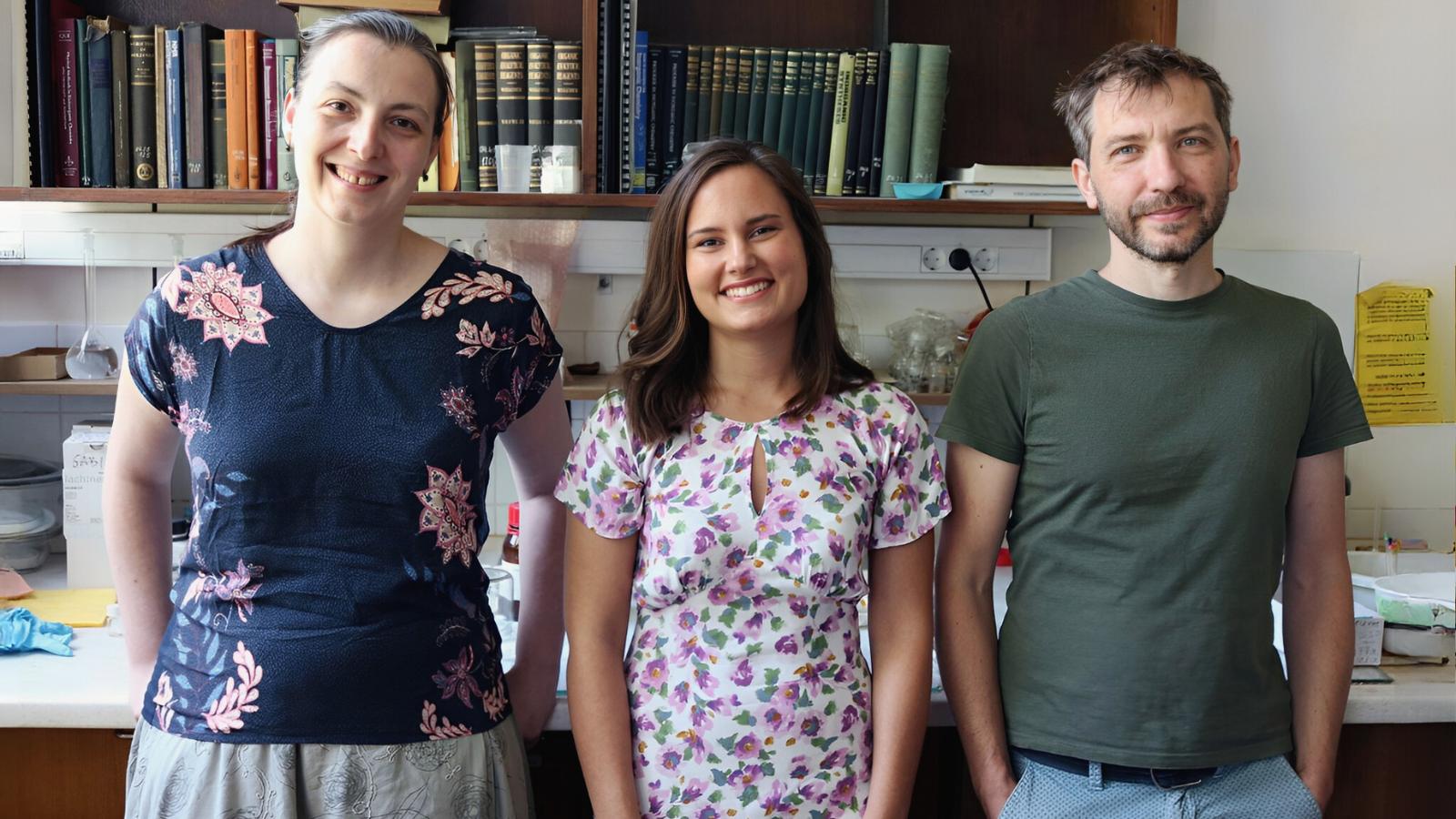The research, led by the RBI Laboratory for solid-state synthesis and catalysis united the expertise of doctoral student Leonarda Vugrin, Dr Goran Miletić, Dr Marina Juribašić Kulcsár and Dr Ivan Halasz with doctoral student Maria Carta, Prof Pier Carlo Ricci and Prof Francesco Delogu from the University of Cagliari.
The research, published in the journals Faraday Discussions and Angewandte Chemie International Edition, highlights the relationships between mechanical energy, energy transfer and chemical reactivity. The team innovatively used real-time Raman spectroscopy together with kinetic models developed at the University of Cagliari to understand the underlying mechanisms of mechanochemical reactions.
Progress Towards Greener Chemistry
Thinking outside the framework of already known chemical laws applied to the use of solvents in chemical reactions has contributed to an exponential increase in the number of researches on chemical transformations through the application of mechanical forces, especially due to the growing concern for the environment.
Mechanochemistry is a special branch of chemistry that studies how mechanical forces, such as grinding or crushing, can trigger and accelerate chemical reactions, leading to changes in the structure and properties of substances without the use of conventional solvents or heat.
In mechanochemical reactions, substances and milling balls are placed in a vibrating reaction vessel in a ball mill. The mill then generates a mechanical force that compresses and changes the substances. This mechanical force changes the structure of the molecules and helps to accelerate the reactions. With the help of grinding balls, chemical reactions thus take place faster than usual, which opens up new possibilities for more efficient and environmentally friendly chemical processes in various industries.
The concepts of "green chemistry" are becoming increasingly important, especially with regard to the development of tools that enable chemical reactions to be carried out in new ways, from the milligramme to the kilogramme scale. The research of this team of scientists contributes to a deeper understanding of mechanochemistry.
"It is the monitoring of chemical reactions during grinding and the study of the influence of mechanical energy on chemical changes that allow us to gain deeper insights into these processes. For mechanochemical reactions, energy transfer to the grinding system is crucial, and depending on the amount of energy transferred, the necessary conditions for chemical transformations are achieved. Studying how a different input of mechanical energy affects the mechanochemical reactivity allows us to better understand these increasingly important processes,' explains Leonarda Vugrin, doctoral student of the Laboratory for solid-state synthesis and catalysis at RBI and one of the first authors.
The new findings allow scientists to plan and optimise mechanochemical reactions, because if they know how to control energy transfer, they can improve these reactions and make them more efficient.
"Furthermore, this knowledge can be used to compare different types of ball mills and understand which ones are more efficient for certain reactions. This is useful because different reactions may require different milling conditions, and this research helps us understand which conditions work best," Vugrin points out.
"In two studies, we investigated how mechanical force affects chemical reactions. We monitored the reactions in real time using Raman spectroscopy in situ, a technique we developed at the IRB. In addition, we used specific kinetic models developed at the University of Cagliari to describe the experimental results. The results we have obtained provide new insights into the processes underlying such chemical transformations and represent an important step towards understanding mechanochemistry," explains Dr Ivan Halasz, head of the laboratory and corresponding author of the study.
Although further research is needed to build a complete mechanistic picture, these results open up exciting possibilities for the study of fast reactions and the development of innovative chemical processes, paving the way for more sustainable chemical processes.
By eliminating the need for solvents and reaction temperatures, mechanochemistry appears as a greener alternative that significantly reduces the environmental impact of chemical production on the environment.
The work of doctoral student L. Vugrin was funded by the Croatian Science Foundation (projects 2795 and 1419, Systematics of mechanisms in solvent-free or liquid-catalysed syntheses in the solid state (SystForSynt)). PhD student M. Carta was funded by the University of Cagliari, Italy (International PhD in Innovation Sciences and Technologies). The research was carried out within the framework of the action COST (European Cooperation in Science and Technology, CA18112 - Mechanochemistry for Sustainable Industry).



